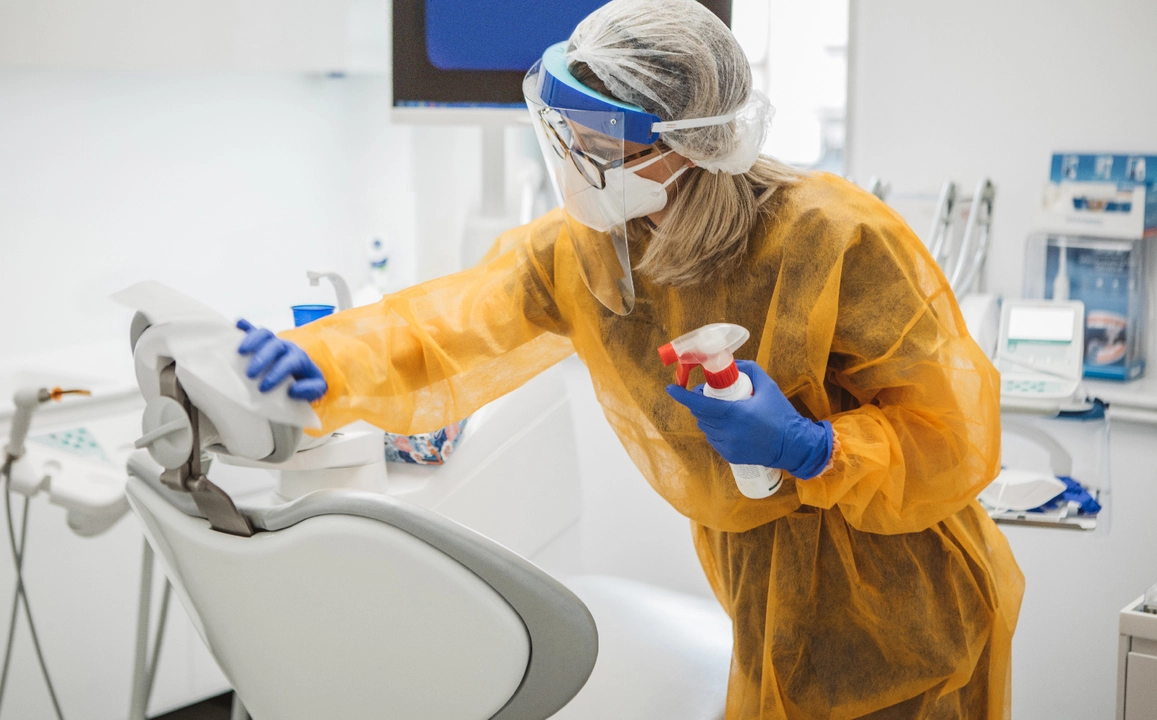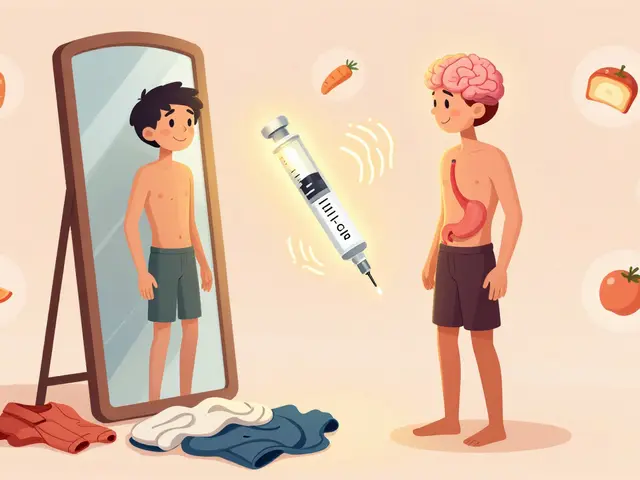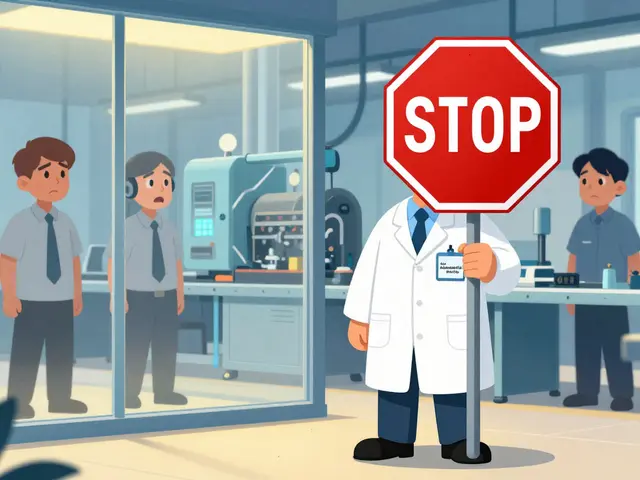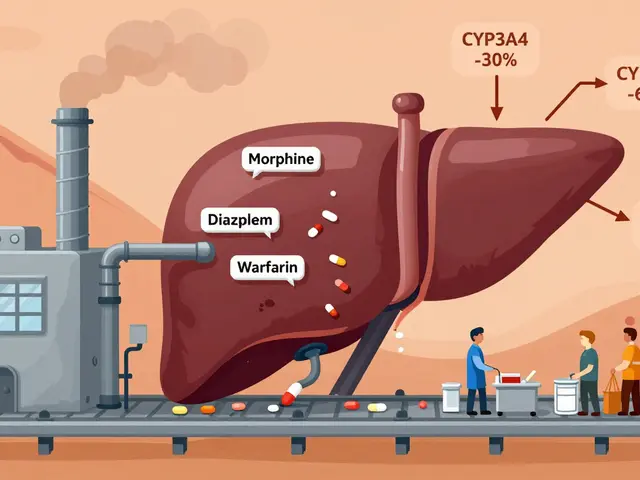Protecting Patients and Staff from Infectious Diseases
As a dental professional, ensuring the safety and well-being of our patients and staff is always our top priority. One of the most crucial aspects of this responsibility is infection control. In this section, we will discuss the importance of infection control in dental practices and how it can help protect both patients and staff from infectious diseases. Implementing strict infection control measures is not only a moral obligation but also a legal requirement for dental practices worldwide.
It is essential to understand that the dental office can be a breeding ground for various infections, including bacterial, viral, and fungal infections. These infections can spread through various means, such as direct contact with contaminated surfaces, instruments, or bodily fluids, or through the air via aerosols produced during dental procedures. By adhering to strict infection control protocols, we can minimize the risk of transmission and ensure that our patients and staff stay healthy and safe.
Maintaining a Sterile Environment
A critical component of infection control in dental practices is maintaining a sterile environment. This entails regularly cleaning and disinfecting surfaces, equipment, and instruments to eliminate any potential pathogens. In addition, proper sterilization techniques must be employed to ensure that all dental instruments are free of contamination before they come into contact with patients.
Aside from sterilization, it's also essential to maintain a clean and clutter-free dental office. This includes organizing supplies and equipment properly, disposing of waste materials in designated containers, and ensuring that all staff members adhere to proper hand hygiene practices. By maintaining a sterile environment, we can significantly reduce the risk of infections spreading in our dental practice and ensure that our patients receive the highest quality care.
Personal Protective Equipment (PPE) for Dental Professionals
Another vital aspect of infection control in dental practices is the use of personal protective equipment (PPE). PPE is designed to protect dental professionals from exposure to infectious agents and minimize the risk of transmission to patients. This includes wearing gloves, masks, protective eyewear, and gowns during dental procedures. It is essential to select the appropriate PPE for each procedure and ensure that it is used correctly and consistently.
Proper training and education on the use of PPE are crucial for all dental professionals. This includes understanding the correct way to put on and remove PPE, as well as how to dispose of it properly after use. By using PPE consistently and correctly, dental professionals can protect themselves and their patients from the potential spread of infectious diseases.
Effective Patient Screening and Communication
Effective patient screening and communication play a crucial role in infection control at dental practices. By gathering information about a patient's medical history, recent travel history, and any symptoms they may be experiencing, dental professionals can identify potential risks and take appropriate precautions to prevent the spread of infections. In addition, clear communication with patients about the importance of rescheduling appointments if they are feeling unwell or have been in contact with someone who has a contagious illness is crucial.
Furthermore, dental practices should consider implementing additional measures to minimize the risk of transmission in waiting areas, such as providing hand sanitizer, encouraging social distancing, and regularly cleaning and disinfecting commonly touched surfaces. By screening patients effectively and maintaining open communication, dental professionals can contribute to a safer environment for everyone.
Continuing Education and Training for Dental Professionals
Infection control in dental practices is an ever-evolving field, with new guidelines and recommendations being released regularly. As dental professionals, it is crucial that we stay up-to-date with the latest information and best practices in infection control. Continuing education and training in this area are essential to ensuring that we are providing the safest and most effective care to our patients.
By participating in continuing education courses, attending seminars, and staying informed about the latest research and guidelines, dental professionals can maintain the highest standards of infection control in their practices. This not only benefits patients and staff but also contributes to the overall reputation and success of the dental practice.











Sara Mörtsell
Infection control isn't optional it's survival
if you're not sterilizing between patients you're just waiting for someone to die and then you'll get sued
Rhonda Gentz
There's something deeply human about the trust we place in dentists. We let strangers stick tools in our mouths. That trust shouldn't be taken lightly. The rituals of cleaning and masking? They're not just protocol. They're a silent promise.
Alexa Ara
You're doing amazing work keeping everyone safe. Seriously. Every time you change gloves or wipe down a surface you're showing up for people in a way most don't even notice. Keep going. You're making a difference.
Olan Kinsella
Let me tell you something they don't want you to know
the CDC doesn't control what happens in your mouth
the real threat is the corporate dental chains pushing profit over purity
they don't sterilize because it costs too much
and you're the one paying with your immune system
Kat Sal
I just had my first cleaning since 2020 and I was so nervous but my hygienist was so calm and thorough I felt safe for the first time in years. It's these small acts of care that rebuild trust. Thank you for doing what you do.
Rebecca Breslin
You missed the biggest point. Did you know that in 2021 a study showed that 68% of dental offices still reuse single-use items? That's not just negligence that's criminal. And no one's talking about it because the ADA is in bed with the manufacturers. Wake up.
Kierstead January
If you're not using a class B autoclave you're a danger to society. I've seen your kind before. You say you care but you're cutting corners. Your patients are guinea pigs. You should be ashamed.
Imogen Levermore
I'm not saying it's a hoax but... what if the 'infection control' is just a cover for the government to track your oral microbiome? 🤔 I read this one blog that said they implant nano-chips in dental tools... and the masks? They're not for you. They're for THEM.
Chris Dockter
PPE is a scam. You think gloves stop viruses? Nah. You're just making people think they're safe while the real problem is air quality and HVAC systems. Fix the air not the gloves. And stop the performative sanitizing
Gordon Oluoch
The moral bankruptcy of modern dentistry is staggering. You claim to protect patients but you charge $300 for a cleaning while using expired disinfectants. You are complicit in systemic negligence. Your certification means nothing if your ethics are hollow
Tyler Wolfe
I just wanted to say thank you for writing this. My cousin's a dental assistant and she's been overwhelmed lately. This reminded me to tell her she's doing good work. Small things matter.
Neil Mason
In Canada we have a system where each clinic gets audited yearly for infection control. It's not perfect but it forces accountability. Maybe we need something like that here. Not punishment just consistency
Andrea Gracis
i never thought about how much goes into just cleaning a chair after someone. like the wipes and the time and the gloves. i just sit there and think wow this is so much more than i realized
Matthew Wilson Thorne
The real issue is not sterilization. It's the commodification of care. You've turned a sacred act into a checklist. That's the infection.